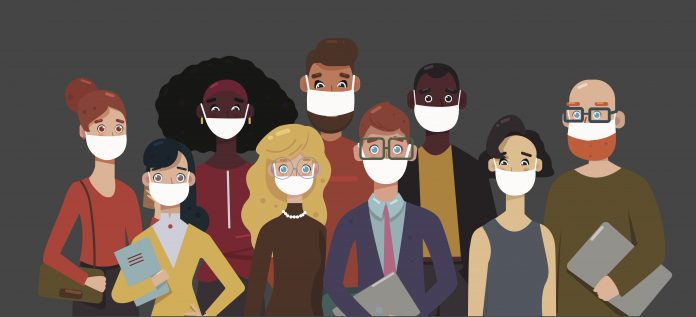In a bid to ensure healthcare workers and at-risk groups don’t run out of medical masks, the Royal Australasian College of Physicians is urging the public not to inappropriately use face masks and to follow the official government advice when it comes to protecting your health.
The call comes on the back of reports that the general population is being encouraged to wear masks in public. However, the RACP says that this behaviour could worsen shortages and put lives at risk.
“Improper use or reuse of masks has the potential to increase your risk of infection. Personal protective equipment is critical for those at most risk; our frontline health and emergency service workers,” President of the Australasian Faculty of Occupational and Environmental Medicine and RACP spokesperson Dr Beata Byok said.
According to Dr Byok the best ways for the public to protect themselves and others are to not go out when symptomatic, particularly with a fever or cough, maintain social distance of 1.5 metres from others, wash hands frequently, cover your cough and sneeze and clean surfaces in common use.
“Wearing a face mask may make people think they are protected and neglect these other, vitally important, measures,” she said.
Professor John Wilson, a Respiratory Physician and President-elect of the RACP says “We know that there is a shortage of vital personal protective equipment for health workers, who are putting themselves at risk to serve the community through this pandemic.
“Masks need to be available to essential workers at greatest risk of exposure – so Australians need to do their bit and not inappropriately use much needed medical equipment including masks produced for medical use.
“If you are unwell you should be staying at home. A mask is only necessary if this is recommended by your doctor or nurse.
“We understand that during these unprecedented times, people are feeling anxious. There are many other highly effective actions people should be taking to protect themselves and others from the virus. Social distancing and hand-washing are the most effective means of stopping the spread of infection,” Professor John Wilson.










